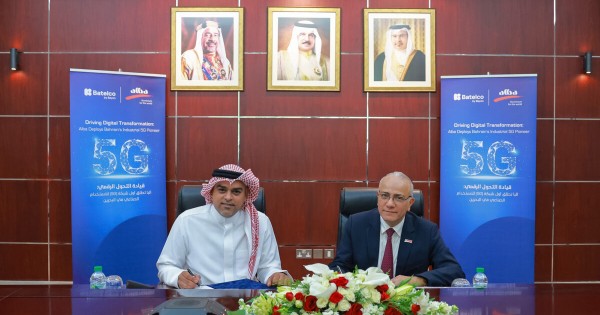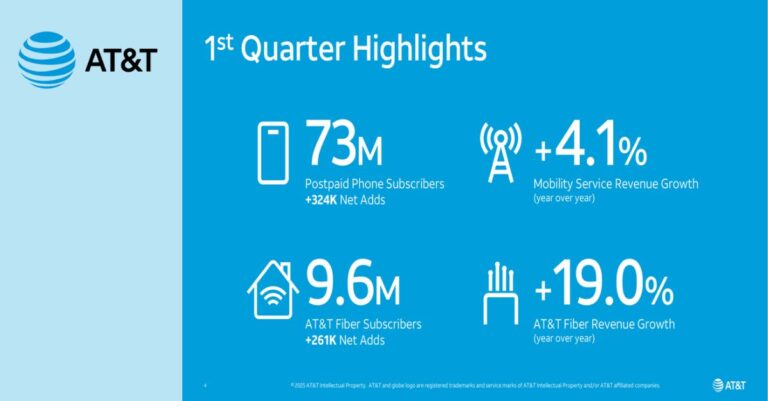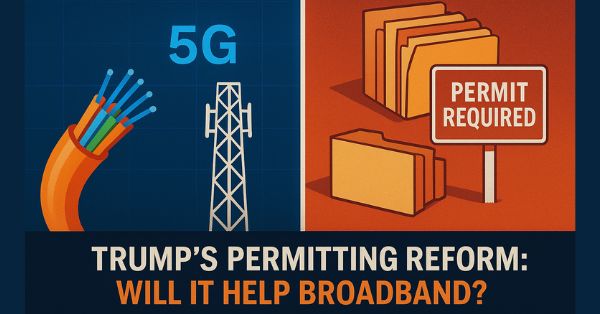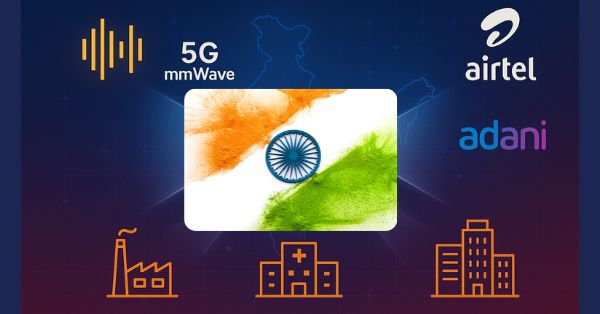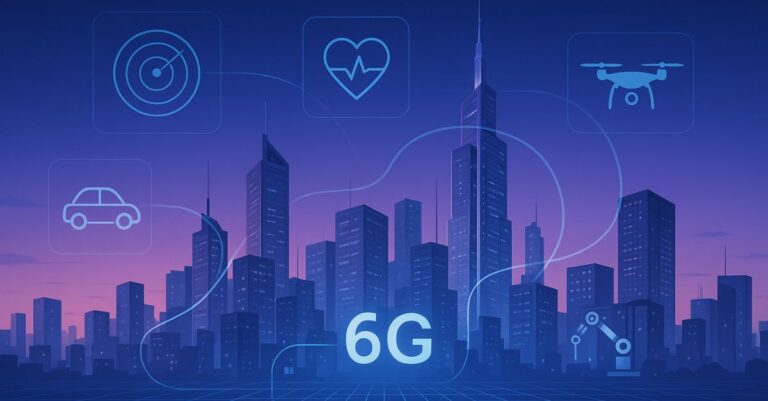Ghana Adopts Wholesale Network Approach for 5G
Ghana has taken a significant step towards enhancing its telecommunications infrastructure by opting for a wholesale network approach for 5G. The country has awarded a license to Next-Gen Infrastructure Company (NGIC) to build and operate a shared 5G network. What makes this development noteworthy is that much of the technology and expertise are sourced from India, not China.
Changing Telecom Landscape in Africa: Ghana’s 5G Shift
For years, Chinese vendors Huawei and ZTE have dominated Africa’s mobile network technology market. They have secured numerous deals as part of China’s broader engagement with the continent. However, the recent news from Ghana marks a shift. The national wholesale 5G network in Ghana will be built and managed by a consortium including local players, companies from India, and European vendor Nokia.
Ghana’s National 5G Strategy: A Wholesale Network Approach
Ghana, a nation of approximately 33 million people, announced last August that it would not auction 5G spectrum. Instead, it chose to award a license to a single entity to build and manage a wholesale, open-access 5G network. This network aims to serve both rural and urban areas, providing capacity to mobile operators and private companies. The chosen entity, Next-Gen InfraCo (NGIC), has now been unveiled.
Boosting Mobile Data Services in Ghana with 5G
The primary goal is to boost mobile data service uptake rapidly in a market where 4G adoption is relatively low. According to the Ministry of Communications and Digitalisation, only about 15% of Ghana’s mobile users have adopted 4G services. In contrast, 71% are still using 3G, and 14% are on 2G. By developing a national 4G/5G network, the government aims to accelerate progress without relying on the investment pace of private operators.
Ghana’s Telecom Operators and Their Role in 5G Rollout
MTN Ghana is the largest mobile operator in the country, with about 28 million customers, holding a 67% market share. Telecel Ghana (formerly Vodafone Ghana) and AT Ghana (formerly AirtelTigo) follow, with 18% and 13% market shares, respectively. Telecel and AT Ghana have signed up as NGIC partners, effectively becoming anchor tenants for the new network. Although there is no confirmation of MTN’s involvement yet, it seems likely given the lack of alternative 5G licenses.
Meet the Partners Behind Ghana’s 5G Network
NGIC’s consortium includes notable partners such as the Ghanaian government, pan-African systems integrator Ascend Digital, local satellite teleport operator K-NET, and telecom technology giants Radisys, Nokia, and Tech Mahindra. Nokia brings a broad range of network infrastructure technologies, while Tech Mahindra and Radisys bring extensive telecom sector experience and innovative solutions from India.
Indian Technology Fuels Ghana’s 5G Network
Tech Mahindra is a global IT and systems integration giant with decades of experience. Radisys, part of Jio Platforms, is a telecom software specialist. Jio Platforms has developed cost-effective technologies and products proven in India, one of the world’s largest and fastest-growing mobile markets. Reliance Jio, India’s leading mobile operator, has successfully built the country’s most extensive 4G network and rapidly deployed a national 5G network, signing up over 100 million 5G customers in less than 18 months.
Future Plans: Expanding 5G Across Ghana and Beyond
Radisys is leveraging its experience to support Ghana’s 5G rollout as part of NGIC. Additionally, NGIC plans to offer 5G fixed wireless access (FWA) services for broadband. Both Nokia and Radisys have significant expertise in FWA technology. The ambition extends beyond Ghana; Jio Platforms aims to replicate this high-speed mobile data model across Africa, starting with Ghana.
Africa’s Telecom Future: Insights from Ghana’s 5G Strategy
Ascend Digital’s CEO, Harkirit Singh, emphasized the partners’ strengths and their commitment to scaling the network and delivering affordable mobile broadband services to all Ghanaians. The plan includes expanding to other parts of Africa and attracting strategic investors as needed.
Impact on Chinese Vendors: Ghana’s New 5G Direction
This development signals increased competition for Huawei and ZTE in Africa from a partnership leveraging local expertise, international experience, and technology from India and Europe. It’s important to note that this move doesn’t reflect deteriorating relations between Ghana and China. Ghana maintains positive financial relations with China and a broad range of lenders.
Overcoming Challenges in Ghana’s 5G Network Implementation
While the prospects are promising, wholesale shared mobile networks have had mixed success. The Ghanaian government will need to manage this initiative effectively to ensure success. If successful, NGIC’s model and its partners will be closely watched in the coming years.





